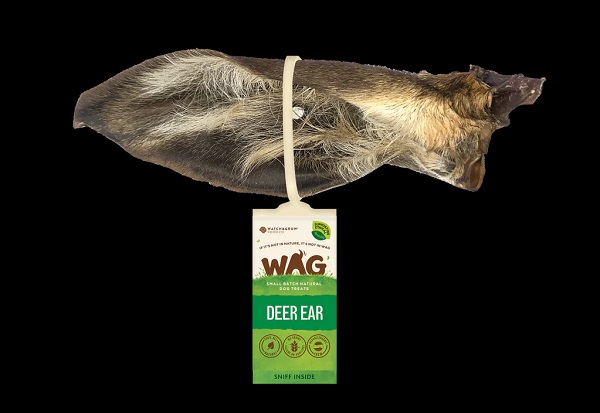A Comprehensive Guide to Selecting Healthy Dog Treats for Your Furry Friend

Our four-legged pets deserve a particular place in our homes and hearts since they are our loyal companions. Any caring pet owner will put the health and pleasure of their animal first. The food and treats we provide them are a crucial part of the love and attention we give them. Your dog’s energy and health are significantly impacted by the healthy dog treats you provide. Here, we’ll discuss the importance of providing your dog with healthy dog treats and the various advantages such options offer.
What Should You Look for in a Healthy Dog Treat?
Only give your dog wholesome dog treats if you really care about their health. Prioritise having access to high-quality protein sources. Try to find snacks with chicken, beef, or salmon as the primary component. Your dog’s health and well-being depend on the amino acids provided by these protein sources. Healthy dog treats should also include whole grains and vegetables. For instance, oats and brown rice are both high-fibre whole cereals that may aid digestion and keep you going.
Moreover, avoid treats that contain excessive amounts of artificial colours, flavours, or preservatives. Instead, choose alternatives that are natural and undergo minimal processing so that the foods’ nutritional value is not lost. Finally, try to choose dog treats that don’t include artificial preservatives. Natural preservatives like Vitamin E (tocopherols) or rosemary extract help maintain freshness without compromising your pet’s health.
What to Avoid in Dog Treats?
These are common ingredients that should be avoided when treating your furry friend with a puppy pack:
1. Artificial Colours and Flavours
These additives may make the treats visually appealing or enhance their taste, but they offer no nutritional value and can potentially cause allergic reactions or other health issues in dogs.
2. Excessive Salt and Sugar
Dogs have different dietary needs than humans, and consuming too much salt or sugar can lead to dehydration, obesity, dental problems, and even diabetes. It’s best to opt for treats that are low in these substances or consider natural alternatives.
3. Fillers and By-Products
These are often used as inexpensive fillers to bulk up the treats, but they provide little nutritional value. By-products can include things like animal organs or parts that may not be suitable for consumption.
4. Common Allergens
Wheat, soy, maize, dairy products, and some meats might cause allergic responses in certain dogs. If your dog has known allergies or sensitivities, consider treats that specifically declare they are allergen-free.
Make Sure to Pick the Right Type of Treats According to Your Dog’s Needs
For puppies, it’s crucial to choose healthy dog treats that are specifically formulated for their age. These treats should be gentle on their developing teeth and provide the necessary nutrients for healthy growth. Look for puppy pack specific treats that are made with high-quality ingredients and avoid any that may be too hard for them to chew.
-
Dietary Needs
Senior dogs often require treats that support joint health and provide additional nutrients to support their ageing bodies. Look for senior-specific treats that contain ingredients like glucosamine and chondroitin to promote joint health and mobility.
-
Weight Management
If your dog is overweight or prone to gaining weight, use low-calorie or low-fat treats. These snacks may still give a nice reward without adding extra calories to your dog’s diet.
-
Dental Health
Dental health treats can help reduce plaque buildup and promote healthy gums and teeth. Look for dental chews or specially designed dental care treats that have a texture or shape designed to help clean your dog’s teeth as they chew.
Guidelines for Feeding Healthy Dog Treats Responsibly
When it comes to serving size recommendations, it’s critical to stick to the instructions on the package of dog treats you’re using. These are generally determined by your dog’s size and weight. It’s important not to exceed these serving sizes to avoid overfeeding.
For dogs who are overweight or need weight management, it’s even more critical to be vigilant about portion control. Your vet may recommend reducing the number of healthy dog treats given or opting for low-calorie alternatives. Remember that treats should only make up a small portion of your dog’s overall diet. Their primary source of nutrition should come from balanced meals tailored to their specific dietary needs.
In Summary
By giving your dogs healthy dog treats with nutritious treats, you can help support their immune system, maintain a healthy weight, promote good digestion, and provide them with the energy they need to live an active lifestyle. Remember to offer treats in moderation as part of a balanced diet. Treats should never replace a complete and balanced meal but rather serve as occasional rewards or supplements to their regular diet.
By making conscious choices when it comes to your healthy dog treats, you can ensure they receive the nutrition they need while still indulging in delicious snacks like bully sticks. Prioritizing their health will lead to a happier and healthier life for your beloved canine companion.

